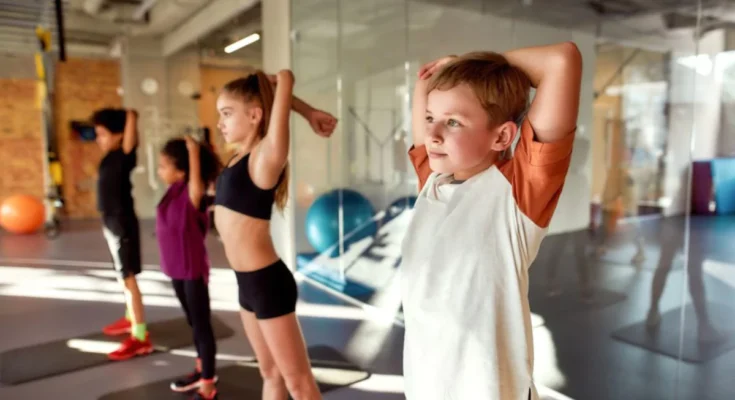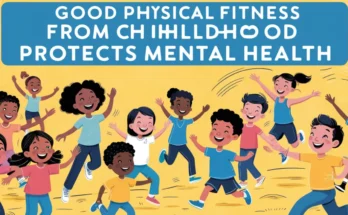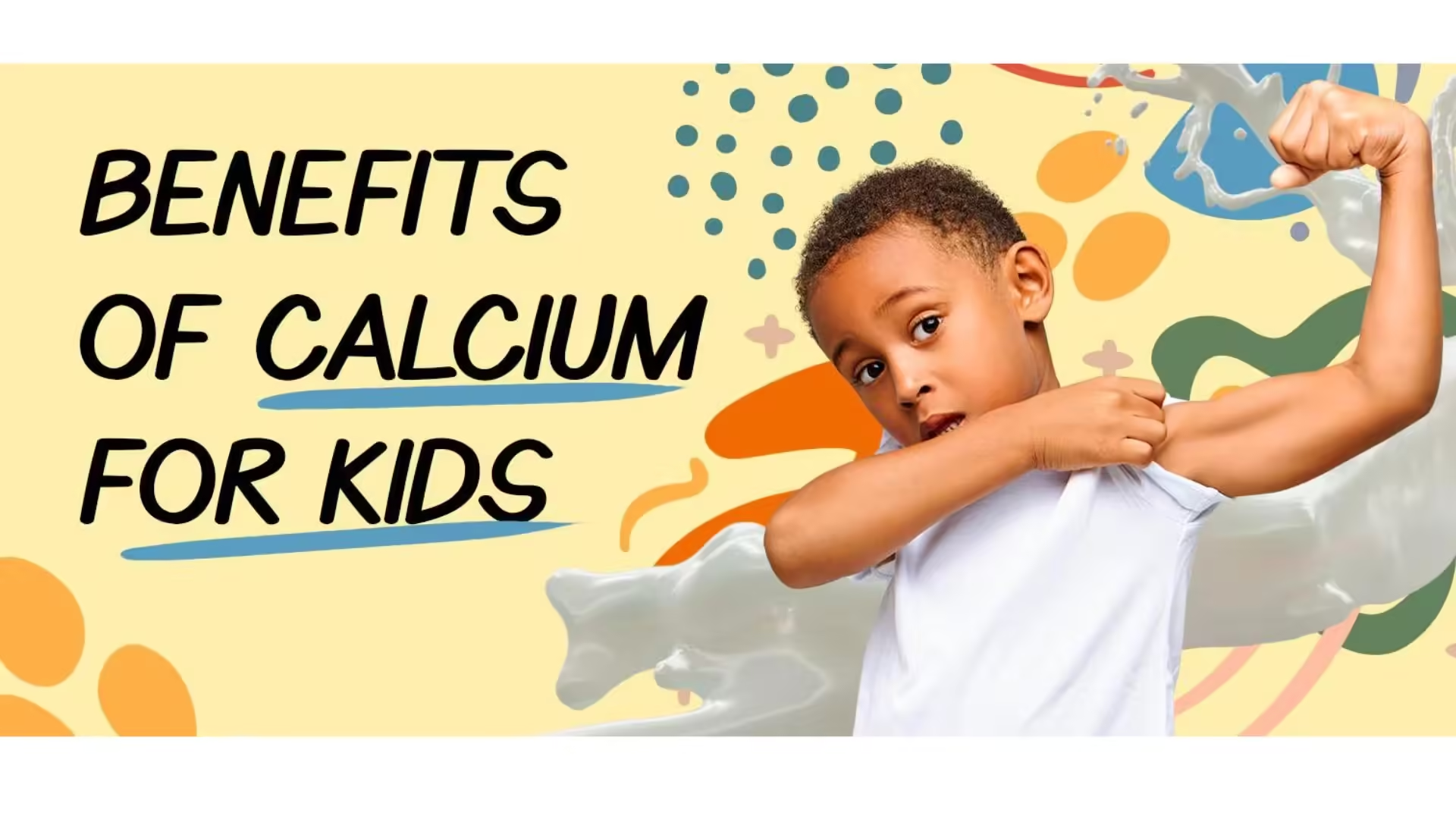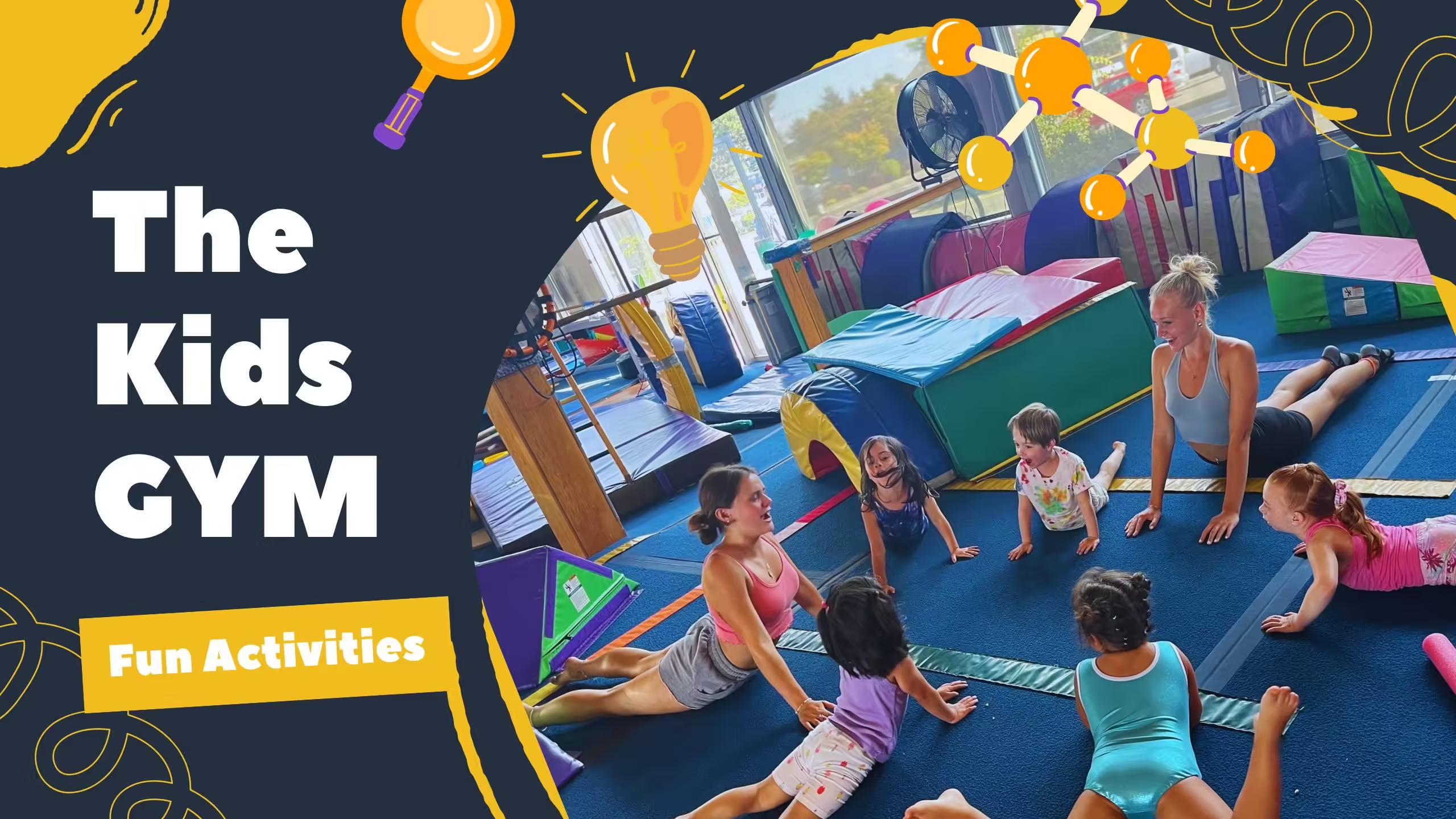Hey People! Over the past few years, the interrelation between the physical activity and the mental condition has been revealed more and more. But how physically active during the day is useful for children to have a healthy and satisfactory mental health? Parents, educators, and everyone else who wants kids to be healthy and happy should comprehend this correlation.
This paper aimed at establishing the relationship between physical activity and mental health.
In many research papers, it has been established that physical exercise improves children’s mental health in various ways. Functially, exercise not only in the physical development but also has significance importance in the emotional or psychological aspect.
Table of Contents
Health Risks of Exercise for the Human Body
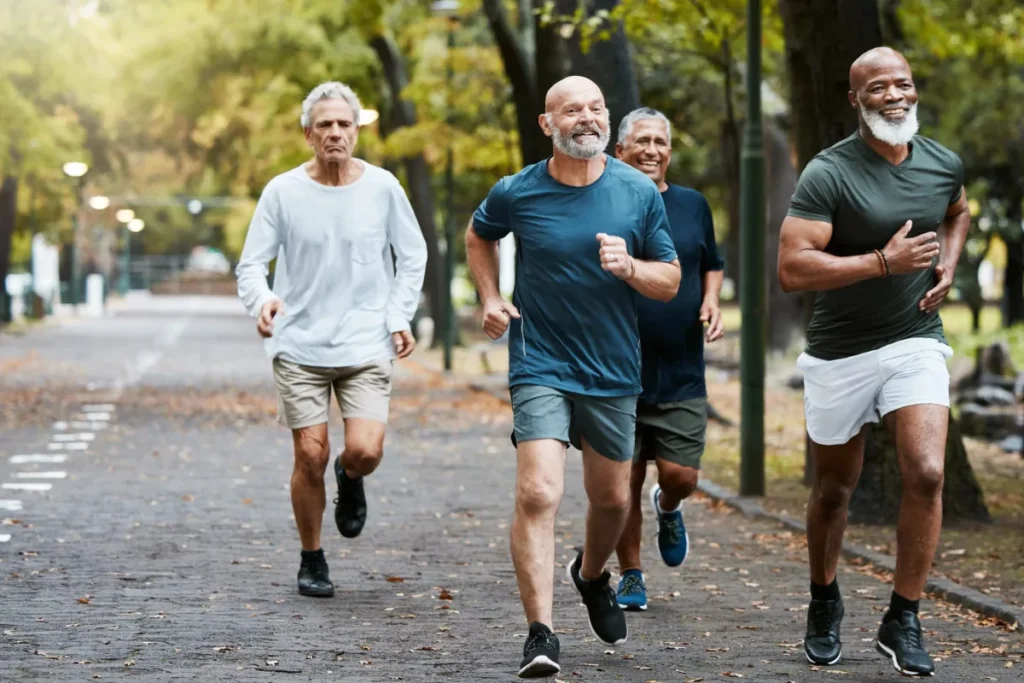
Reduces Symptoms of Anxiety and Depression: Child friendly physical activity has the ability to reduce anxiety and depression in kids as has been established. If children participate in exercises they produce endorphins, well known as the ‘feel good’ hormones that enhance mood and bring happiness.
Boosts Self-Esteem: Sporting activities or exercise enable the child gain confidence. Meeting certain fitness goals or when acquiring new skills it is good for the child to develop a positive attitude in regard to his/her image.
Enhances Cognitive Function: It is scientifically explained that workouts are effective for irrigating the brain, and consequently, sharpen the focus. For example, learning has been proven to be enhanced by ordinary exercise and physical activities in children, mainly because they exercise better concentration coupled with co-ordination.
Promotes Social Interaction: Organization of many physical activities calls for team work hence enabling kids to make friends in the process. Such relations may give a child affection which in turn is advantageous for a child’s mental well-being.
Establishes Healthy Routines: Physical activity for children should be done often to make them adopt healthy behaviours all through their adulthood. It can also afford lower stress and improved mental health.
Kind of Activity Which Is known To Enhance Mental Health
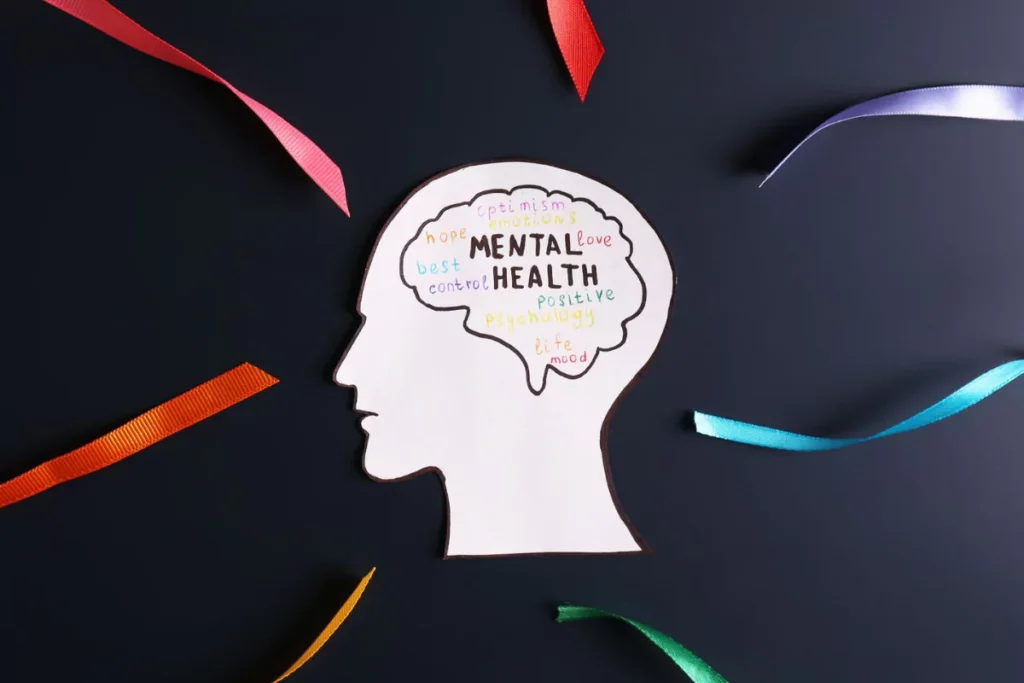
Team Sports: Playing basketball or soccer or any other team sport is not only beneficial to a child’s health, but will also help him/her learn to be a team player.
Individual Sports: Swimming, gymnastics, martial arts etc., can be said to promote discipline and personal accomplishment.
Outdoor Play: The most general level of activity, such as going outside and riding a bicycle, going for a walk, or playing tag, will improve mood and decrease stress.
Mind-Body Exercises: This form of training could also entail such exercises as yoga, tai chi, which also make you relax, and are very healthy for your mind.
The following video explains about Activity To Enhance Mental Health:
Conclusion
Not only is fitness and activity something that can improve a child’s physical health but it is also something that can improve the child’s mental health in a big way. What are the best ways that you can instill good activity for your child in terms of physical activity and mental activity?
Positive encouragement of physical activity and offering a variety of exercise opportunities ensure the kid’s development of coping skills and self-esteem, along with resulting in a happier and healthier attitude. Fitness is not only the process of developing physical muscles but it is the process of molding, the child into a better person.
FAQ
1. Much of where children should be at any given age can be determined by how active they should be?
Children should have at least 60 minutes of moderate to vigorous exercise per day including aerobic and muscle activities.
2. Is it possible to substitute exercise for therapy in children with disorders concerning their mental health?
That said, exercise is good for the mental health but it should not act as a replacement for professional treatment when one is recommended by a doctor. It can be used alongside other treatments but can in no way be a replacement for them.
3. The feed forward question is: what if my child refuses to do physical activities?
There are useful things to know: Fun approaches can be useful Encouraging an activity program that contains a number of enjoyable activities can be helpful. There is nothing fancy in this; maybe shifting from one sport or outdoor game to another may make the child develop interest.
4. Should children exercise alone or in groups?
Both have benefits. Group activities help in realizing the social aspect of one’s personality and individual helps in realizing the independent work ethic in one. A balance of both is ideal.
5. What should parents do to encourage their child to exercise?
Role modeling, organize common and joint exercise in type of work or class and develop habit that include exercise in daily schedule.

